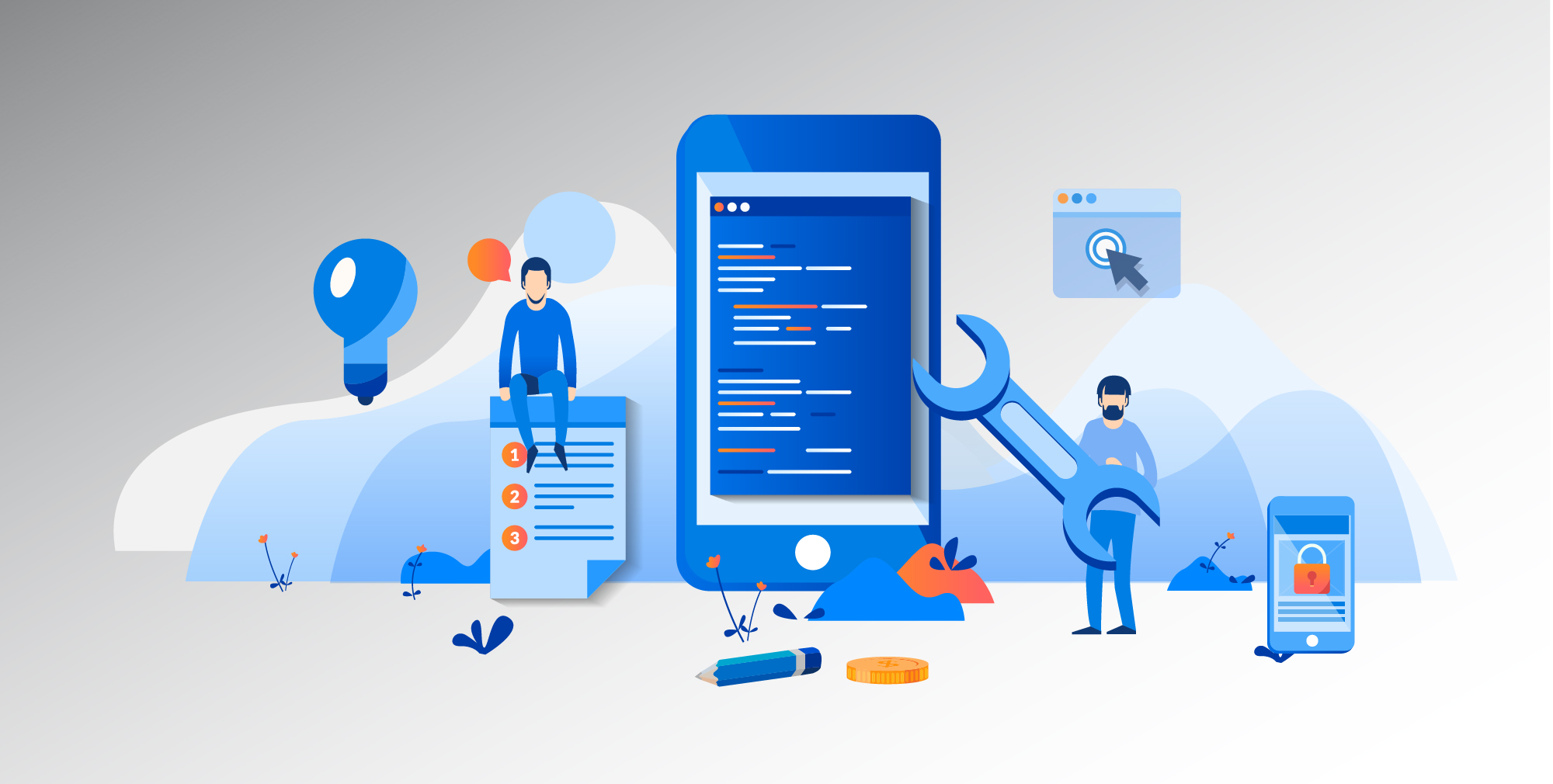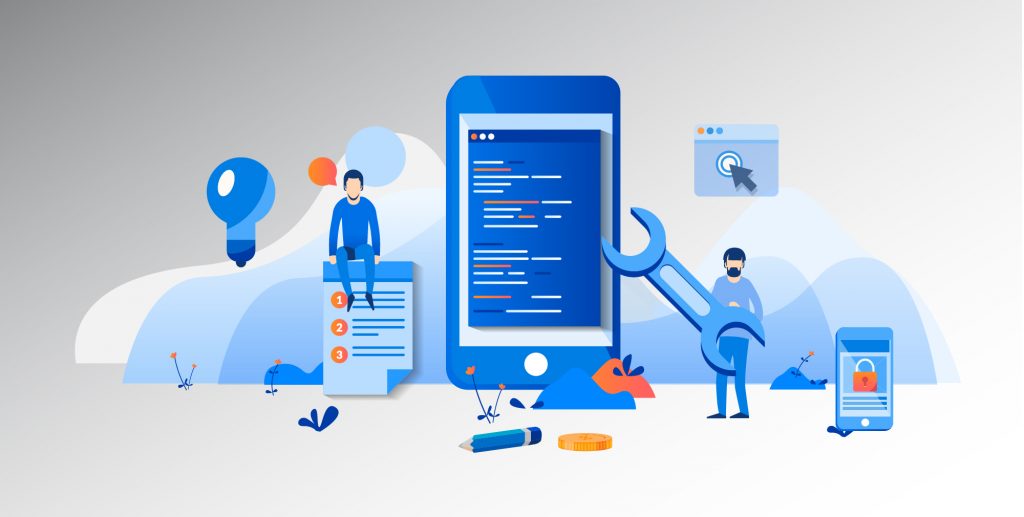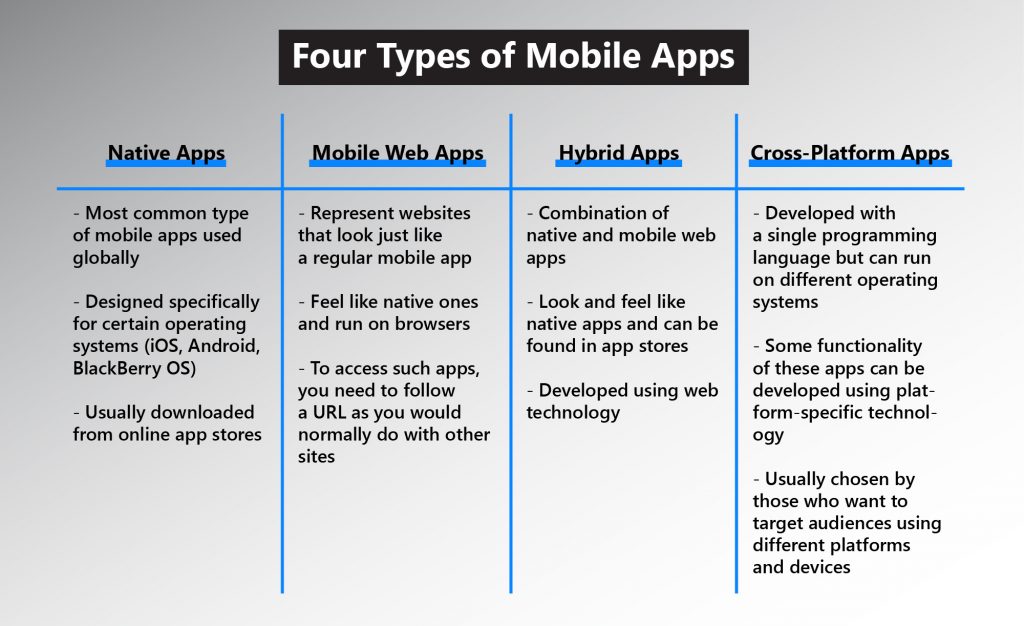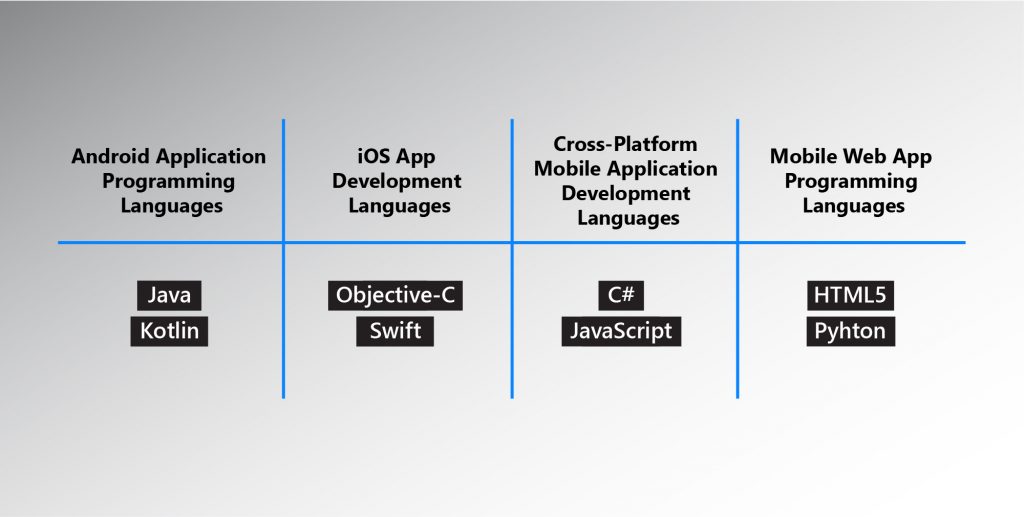Mobility has become one of the key elements of success both for individuals and businesses over the past few years. In this article, we will review the world’s best languages for mobile app development and the types of applications they are used for.
written by:
Anastasia Borodinets
Mobility has become one of the key elements of success both for individuals and businesses over the past few years. In this article, we will review the world’s best languages for mobile app development and the types of applications they are used for.
According to Statista, the number of unique mobile users reached 6.8 billion people worldwide in 2019. By the year 2023, this number will grow to 7.33 billion globally. Moreover, an average smartphone user in the US spends about 3 hours with their mobile phone daily. Without a doubt, mobile users have become a target audience that every company strives to reach. This is when application development comes to the aid. With the wide variety of options for mobile app development, businesses are wondering how these solutions differ and what is the best choice for them.
Four Types of Mobile Apps
People use different types of devices that run on different operating systems. And before getting to the development part, we should know what type of application we are going to work on.
When the type of a future application is identified, it’s time to pick one of the mobile programming languages to use for its development.
Android Application Programming Languages
By the end of 2019, Android’s share in the global market of mobile operating systems exceeded 74% making it the world’s most popular platform. Let’s have a look at the mobile app development languages used for this OS.
Java
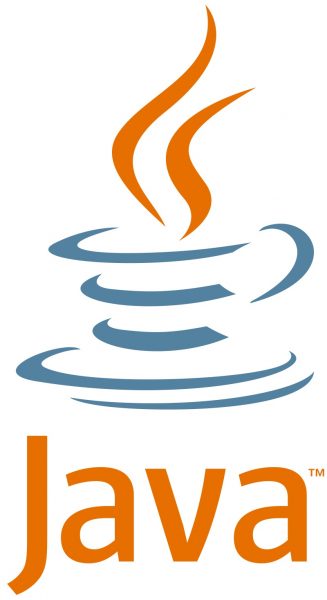
Kotlin
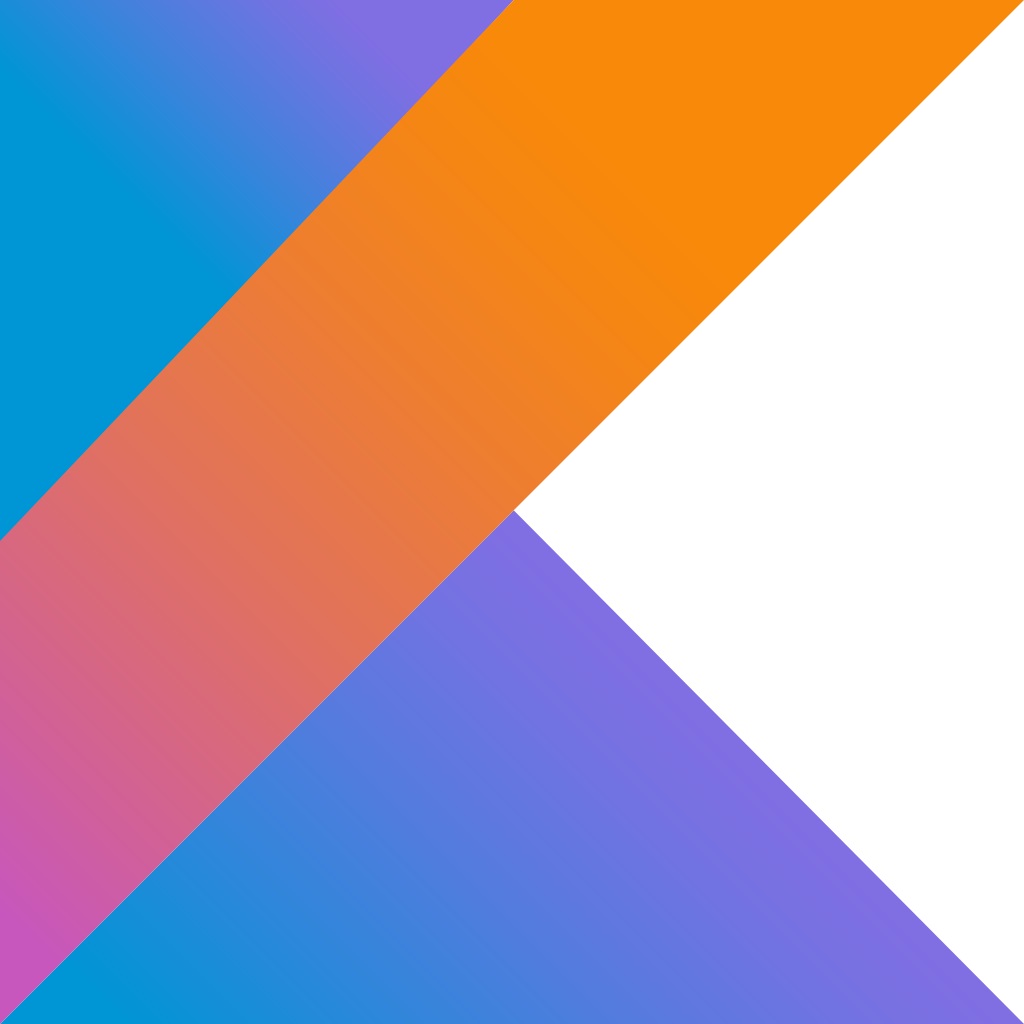
iOS App Development Languages
Together with Android, iOS occupies 99% of the world’s market for all mobile operating systems. Even though globally its share exceeds a bit more than 22%, iOS remains a permanent leader in the US market with more than 51% in share. Here are the languages that iOS developers use to design their applications.
Objective-C
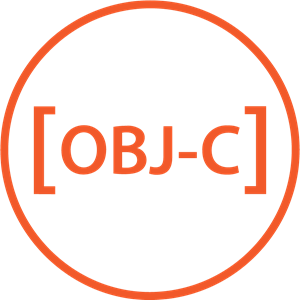
Swift
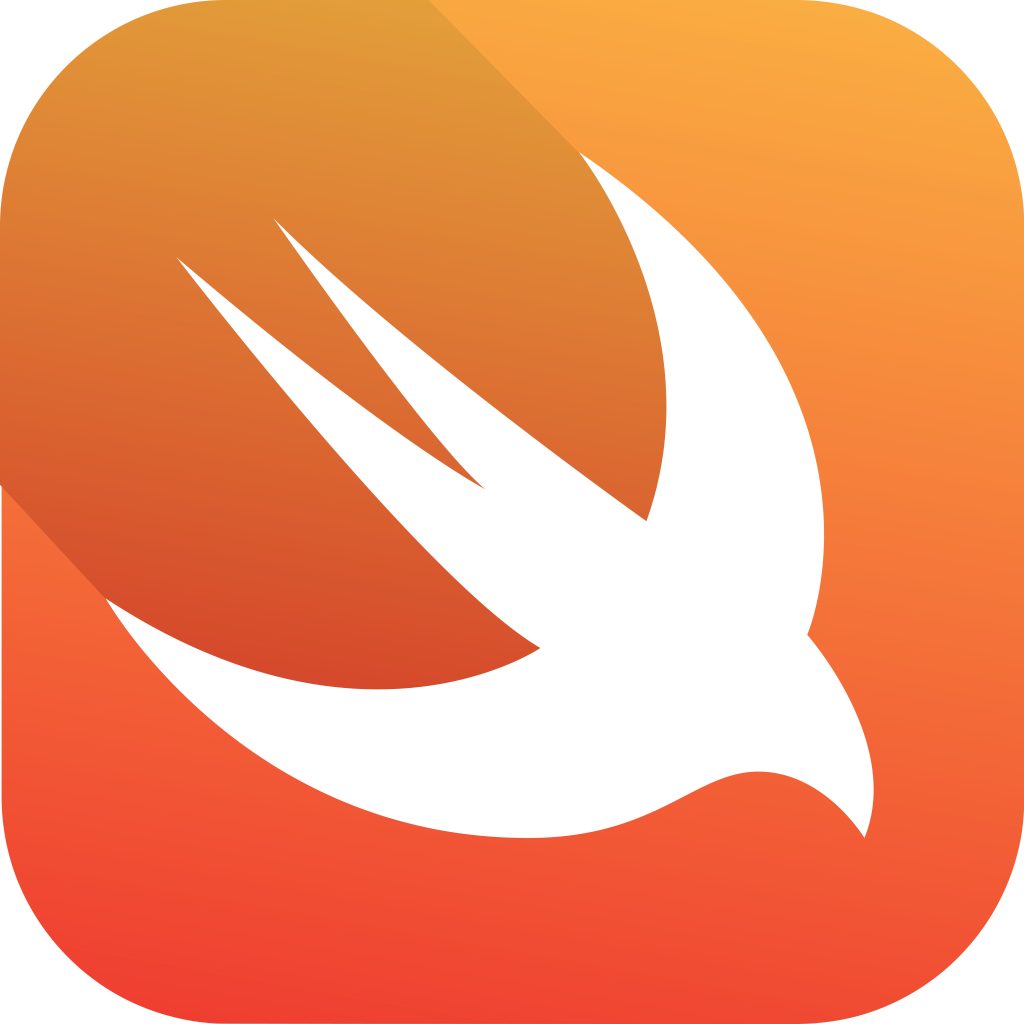
Cross-Platform Mobile Application Development Languages
If you want your application to run on several platforms simultaneously, cross-platform technology is what you need. Here are the languages that can be used to design a single application running on different operating systems instead of building apps for each platform separately.
C#
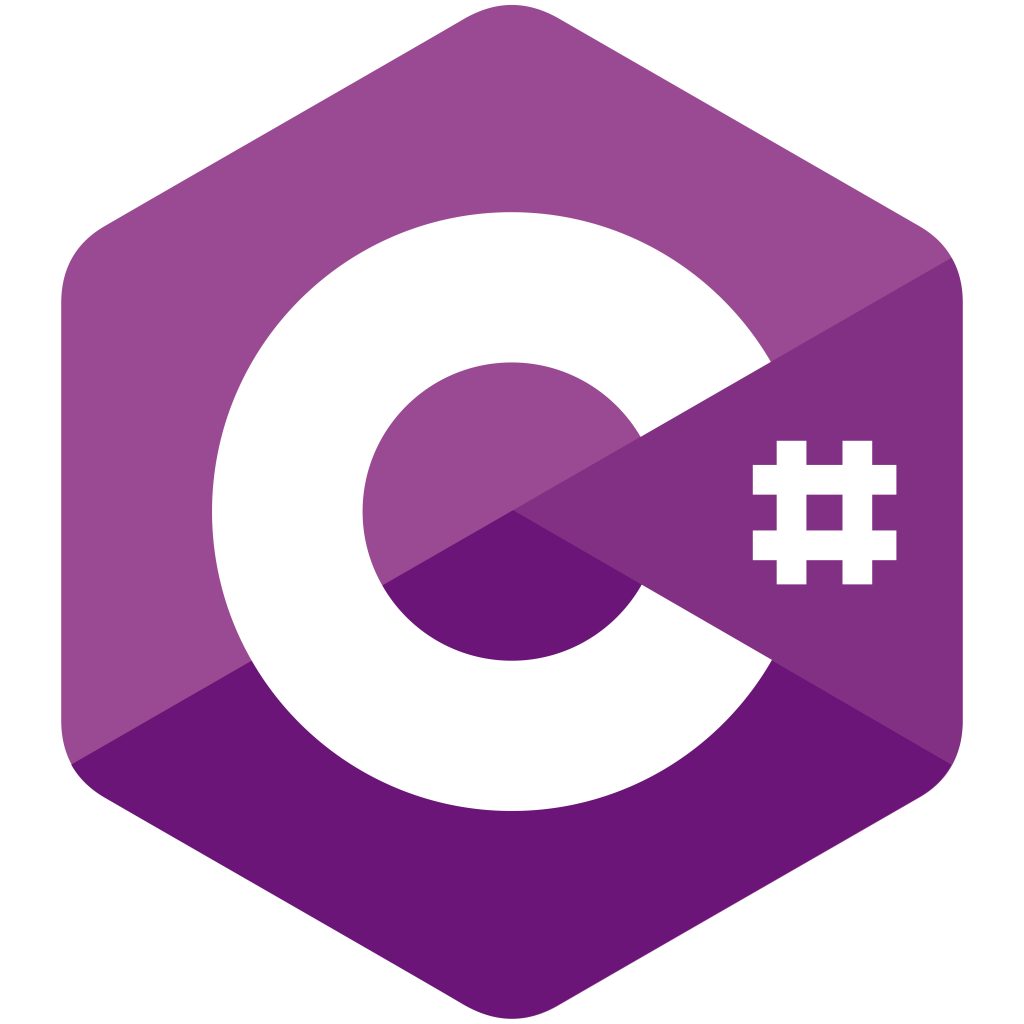
JavaScript
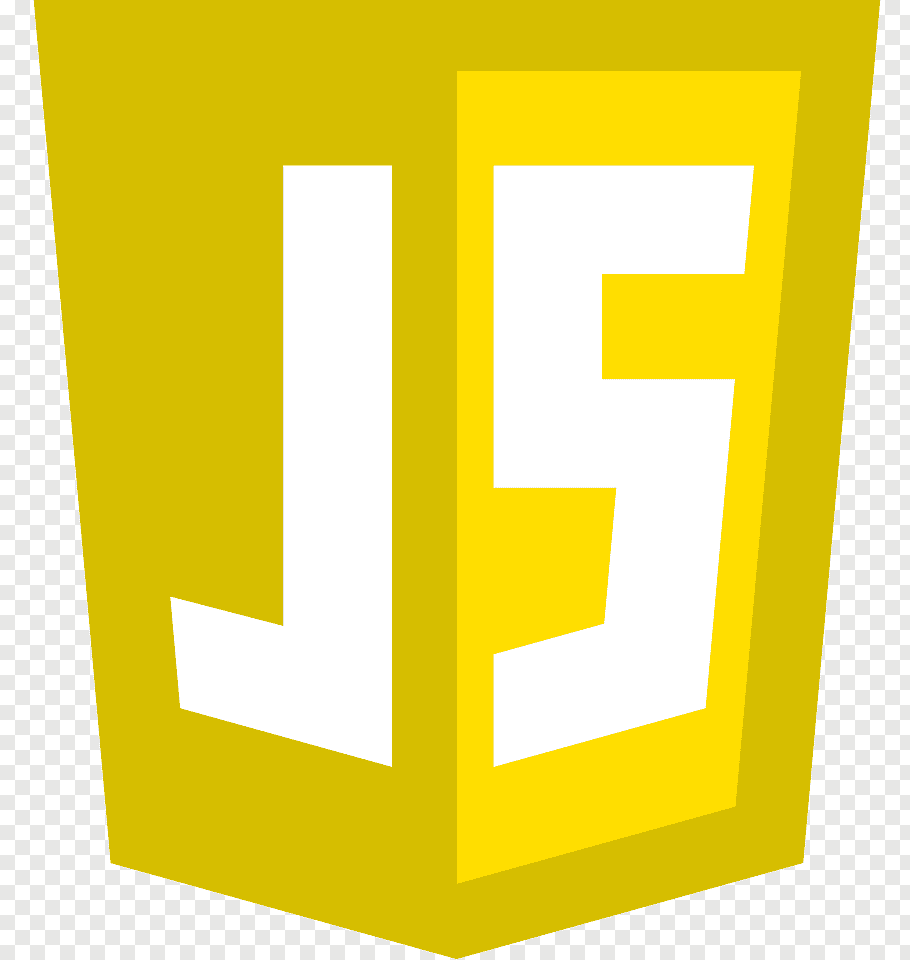
Mobile Web App Programming Languages
If you don’t need your application to be present in app stores but you’re still willing to provide your audience with a simple and intuitive user interface, mobile web applications will be the right choice. Let’s see what web technologies we can use.
HTML5
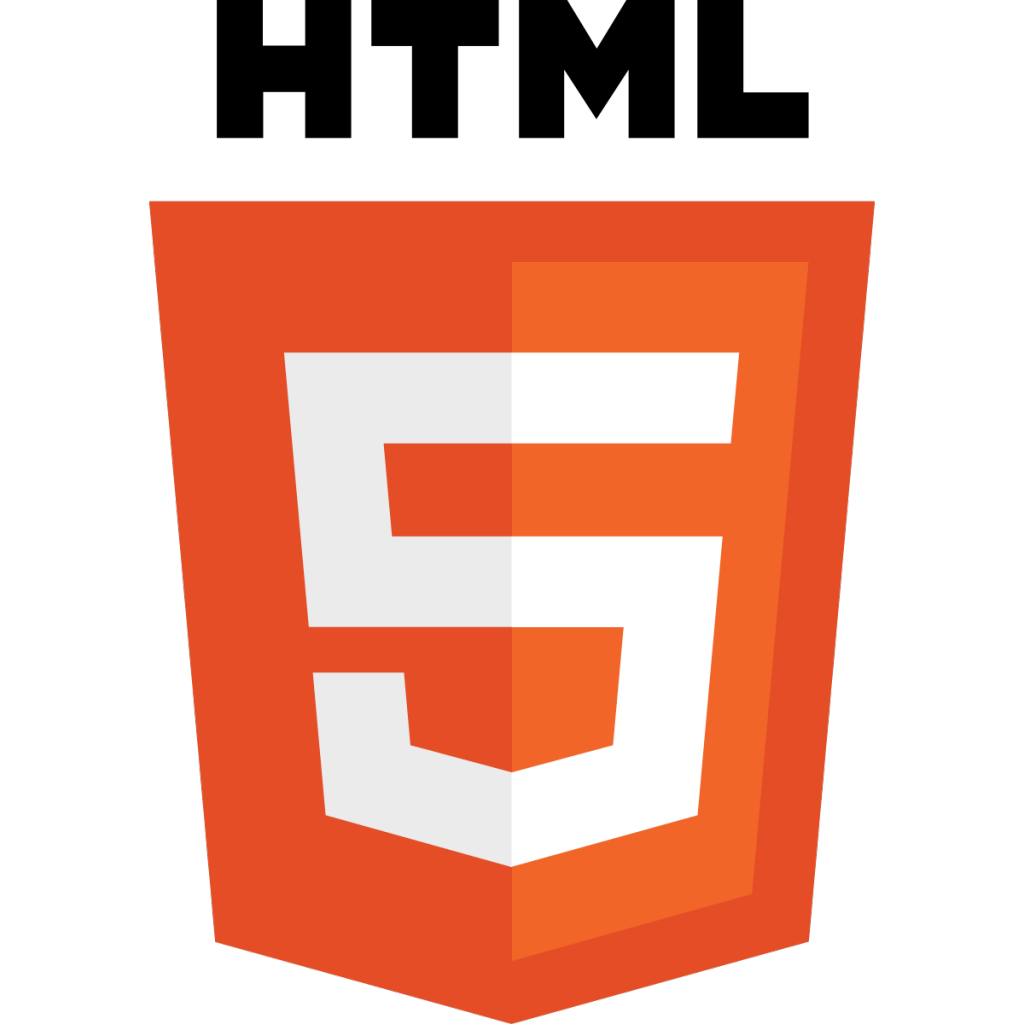
Python
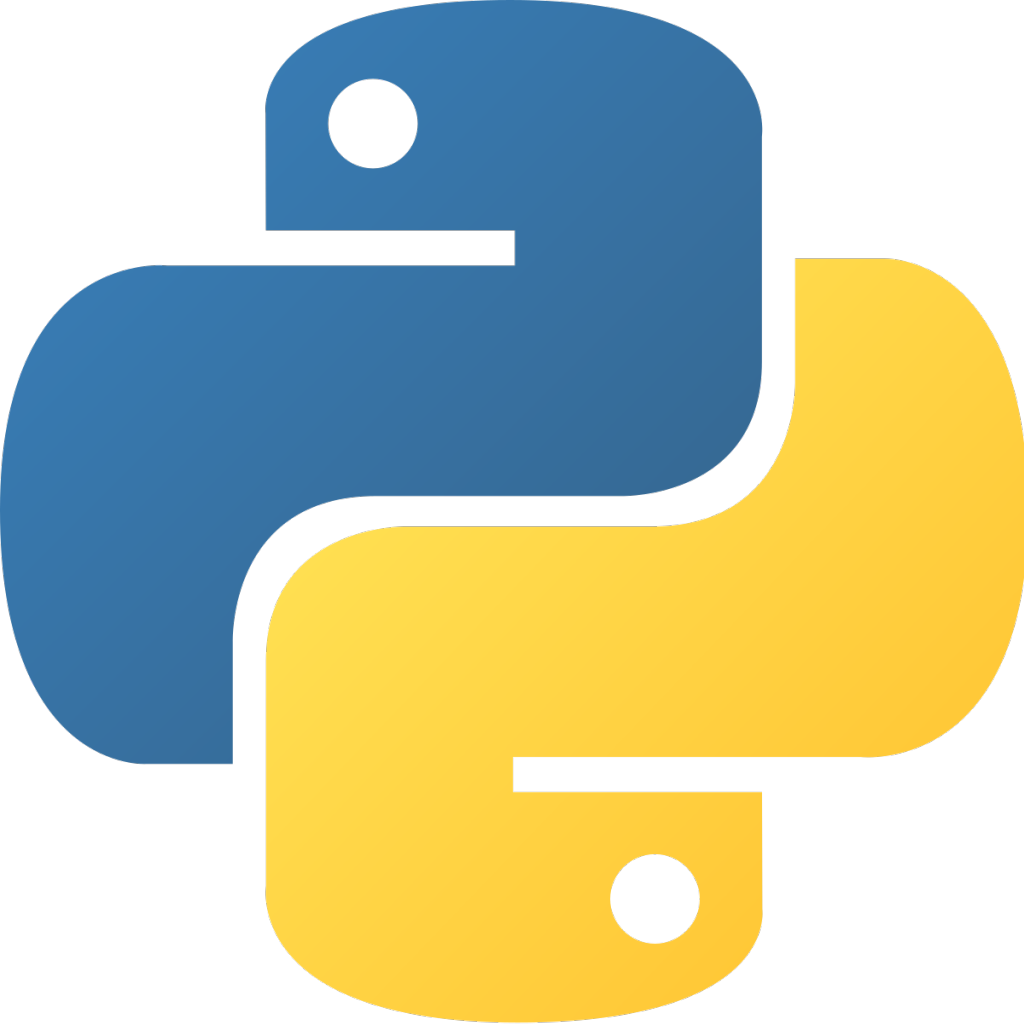
If you are looking for a dedicated team to develop mobile applications for your company, get in touch with us today. Qulix Systems specialists will be happy to answer any of your questions and work out a perfect solution tailored to your needs.

Contacts
Feel free to get in touch with us! Use this contact form for an ASAP response.
Call us at +44 151 528 8015
E-mail us at request@qulix.com

